In my WIP (work in progress, or more accurately WISP, work in slow progress) some of my characters go to Highbury Barn in north London and witness some lewd behaviour.
Where was Highbury Barn? If you know the area, it was on the site now occupied by the horseshoe-shaped Kelvin Road, off Highbury Park. There’s a pub on the corner — called appropriately enough The Highbury Barn.
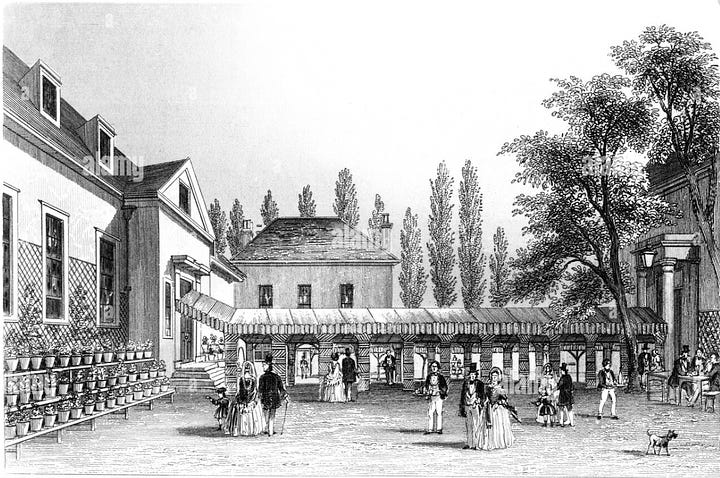
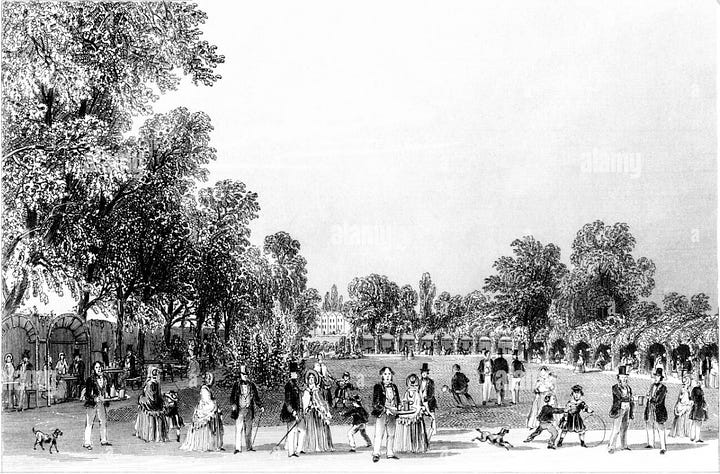
Highbury Barn was a pleasure garden, which always meant a degree of noise and regrettable goings-on. There was music and food, and a huge gas-lit dance-floor. In 1861 the clown, actor and impresario Edward Giovanelli1 took over the licence and that’s when the trouble really started. He had grand ambitions, and claimed to have invested, over ten year, £30,000 — an absolutely ginormous sum — in redeveloping it. He demolished the old buildings and built a music-hall. There were appearances by the famous tightrope walker Blondin and Chang and Eng, the original ‘Siamese twins’, balloon ascensions, plays, ballets, music festivals and fireworks.
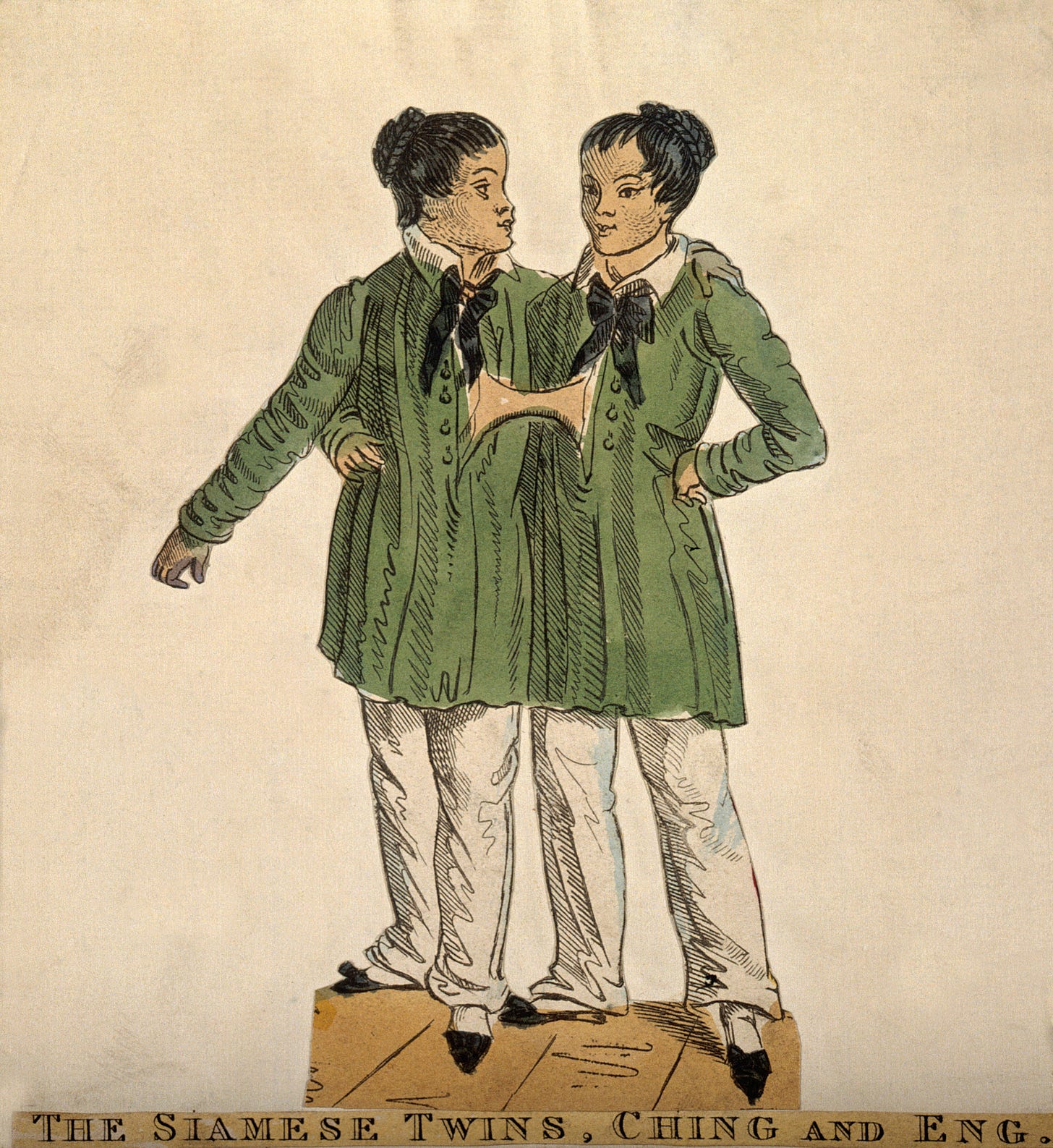
However, Highbury Barn’s visitors consisted, largely, of the wrong sort of people and some of them made serious trouble, especially the tanked-up City boys and hordes of students from Bart’s hospital, who rioted. And it was a venue favoured by sex workers — there was a large garden with plenty of discreet little corners perfect for assignations.
The local residents were disgusted and became determined to close it down. The place was a ‘nuisance, a discredit and a moral canker to the district of Islington,’ according Mr S. Smith of the local Vestry, speaking in support of a petition to the local magistrate to end Giovanelli’s entertainment licence.2 A ‘noxious trade’ (prostitution) was being carried on, and it was leading young men to ‘worse than ruin’ (no concern for the welfare of the women, of course). Parents were going to their graves early through the ‘sins and follies of their children, mainly contracted at these places of so-called entertainment’ — meaning that they were infected with syphilis and gonorrhoea. The Vestry must beseech the magistrates to protect their wives and daughters, who were having to sleep in back rooms to protect their ears from the dreadful language being shouted in the street.

There was no mention at this meeting of the ‘Parisian Colonna’ Troupe, who had been engaged by Mr Giovanelli in the summer of 1870 to perform their signature dance, the cancan, on the dance stage. The Colonna group was led by ‘Mademoiselle Colonna’, aka Amelia Newham, and they had recently been on the bill at the Alhambra in Leicester Square.
The Day’s Doings was of the opinion that the troupe was ‘most energetic’ and that ‘for “go”, dash and acrobatic convolution [were] unlike anything of the kind yet seen in London.’3
However, the police, alerted to the nature of the dance at the Alhambra, reported back to the Middlesex magistrate:
…Mdlle. Colonna and Troup (four in all) appeared and danced the Parisian Quadrille, or ordinary ‘Can-can’. Two of them personated men dressed in bodices and trunks to match, or flesh-coloured hoses; the others as females, dressed as ordinary ballet girls, except that more of the thigh was visible in consequence of wearing very scanty drawers. The dance, on the whole, is indecent, especially on the part of one dressed as a female, who raised her foot higher than her head several times towards the visitors shortly before the ballet commenced, but which decreased immediately after.
The Alhambra lost its licence for several months, but the notoriety of the Colonna Troupe meant that they were in high demand and continued to perform at more out-of-the-way venues, such as Highbury Barn.
It was a step too far for the good burghers of Islington, who already hated Highbury Barn for its ‘nuisance, vice, and profligacy’. Their entertainment licence (different to the alcohol licence) was up for renewal, so the Vestry joined with other groups, to urge the magistrates to do the right thing.
On 18 October 1870 The Islington Gazette reported extensively on the hearing to discuss the renewal of the licence in the light of ‘disgraceful performances by French dancers’. The court, at the Sessions House in Clerkenwell, was packed with lawyers and the public — with crowds outside unable to get in.
‘It was the resort of the lowest classes, who jostled respectable persons, sung obscene songs, and used disgusting language. The persons included both sexes.’ That was no surprise — that had been going on for years.
But when the hearing moved on to the subject of the dance, what exactly were the dancers doing that was so upsetting? The Gazette is a little opaque.
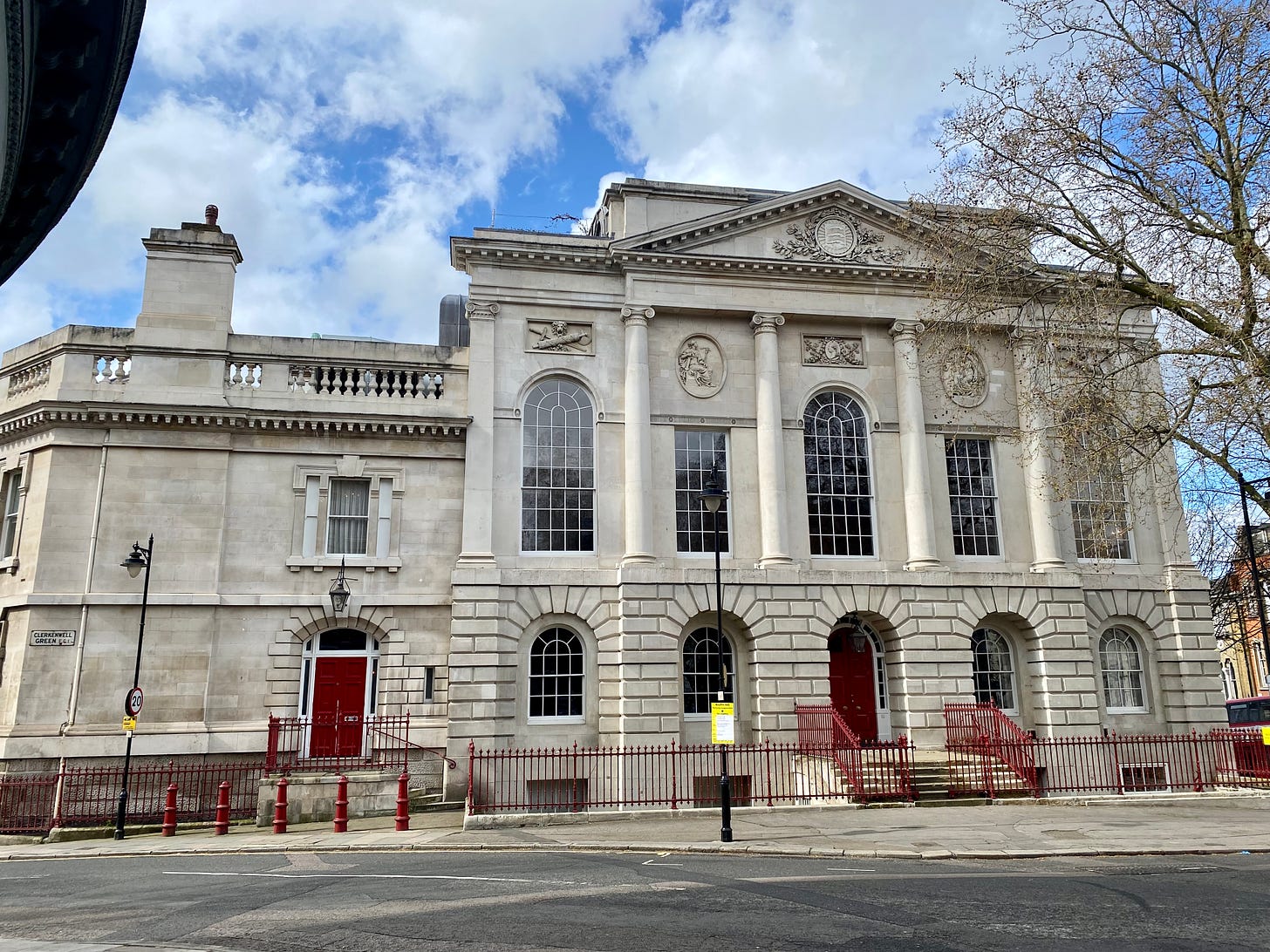
Captain Harris, an Assistant-Commissioner of Police, had been sent to Highbury Barn in June to watch the dance. Unfortunately his report was ‘unfit for publication’. ‘Anything more disgusting and obscene than the performance it is impossible to imagine,’ said Harris at the hearing, leaving the details to the imaginations of the court. However, from exchanges between Mr Giovanelli and various lawyers we can surmise that the women danced without ‘drawers’. Mr Giovanelli refuted this. ‘They wore long gabardines, which they threw aside when dancing. In fact, that was the only decent part about them,’ he said, to laughter in court.
He claimed that he had been unable to vet the dance because he was confined to bed after an accident; when his wife told him parts of the dance were ‘objectionable’, he asked the Colonna Troupe to tone it down, which they promised to do. This affected takings, which he had taken on the chin, but at that point, unfortunately, he fell sick again and that was when the ‘indecency’ was reinserted into the act, witnessed by Captain Harris.
The licence was revoked and Highbury Barn shut for ever the following year. ‘The flower-beds became choked with grass and weeks, and nightshade luxuriated around the dismantled orchestra.’4
By 1883 the site had been redeveloped and a large public house, the Highbury Tavern, was built on the corner.
As for Edward Giovanelli, the 1881 census records him at 6 Lady Somerset Road, albeit ‘dead’. I have not been able to discover his actual date of death.
And finally, this may be of interest to north Londoners…
Edward Giovanelli (c. 1820-bef.1881). He is listed in the 1851 census as a dancing-master living with his wife Rebecca (née Pratt) in Goswell Street, Clerkenwell. Ten years later he was the publican at the Highbury Tavern.
Islington Gazette, 16 Aug 1870.
The Day’s Doings, 8 Oct 1870.
Warwick William Wroth & Arthur Edgar Wroth, The London Pleasure Gardens of the Eighteenth Century. London: Macmillan, 1896.




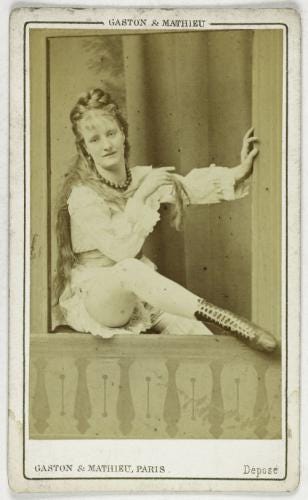
Very interesting. I lived close to Highbury Barn at one time but did not know it was a pleasure garden.
The old men were great. I didn't include the magistrate (the oldest magistrate in Islington, according to the newspaper) who said he blamed Highbury Barn for the shortage of domestic servants and the increase in infanticide. Women, he said, were enjoying their lives too much!